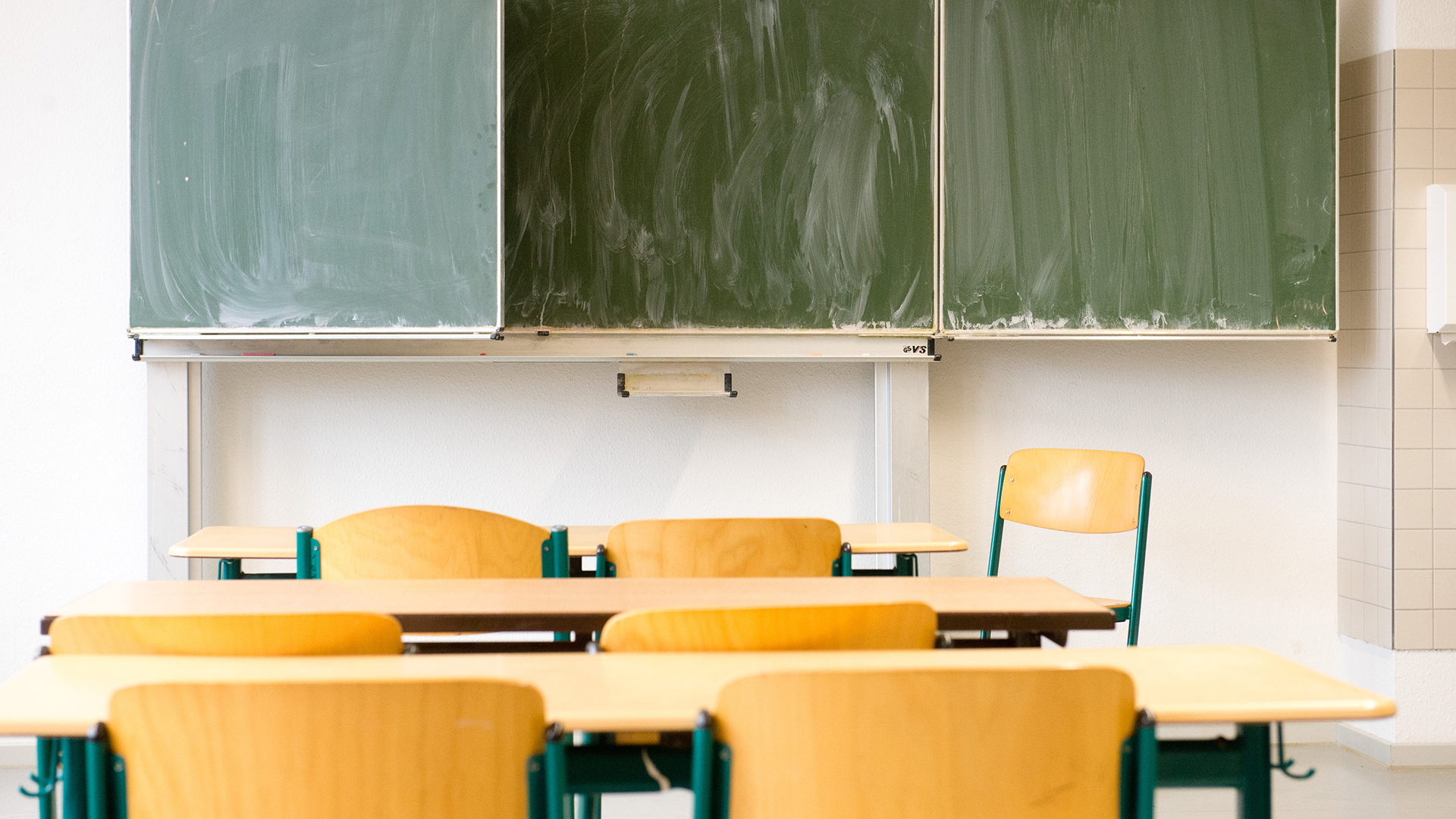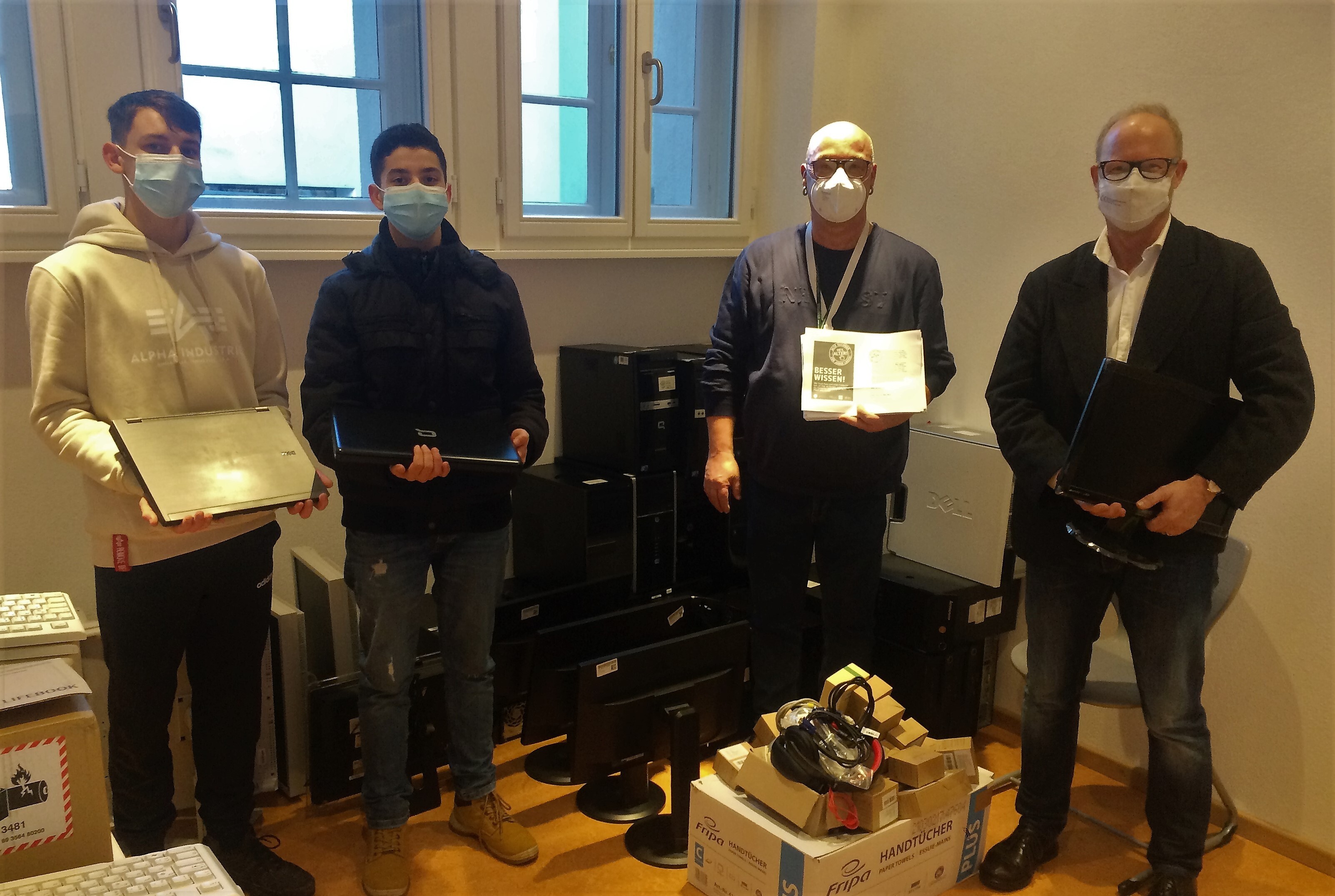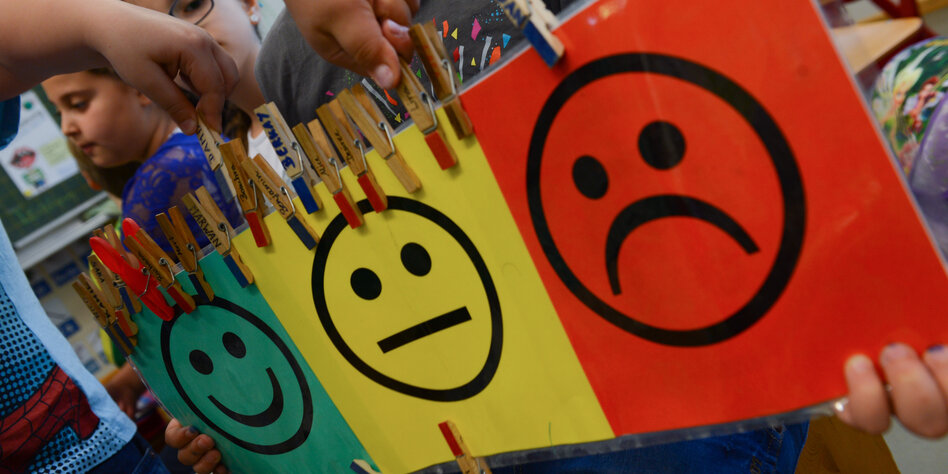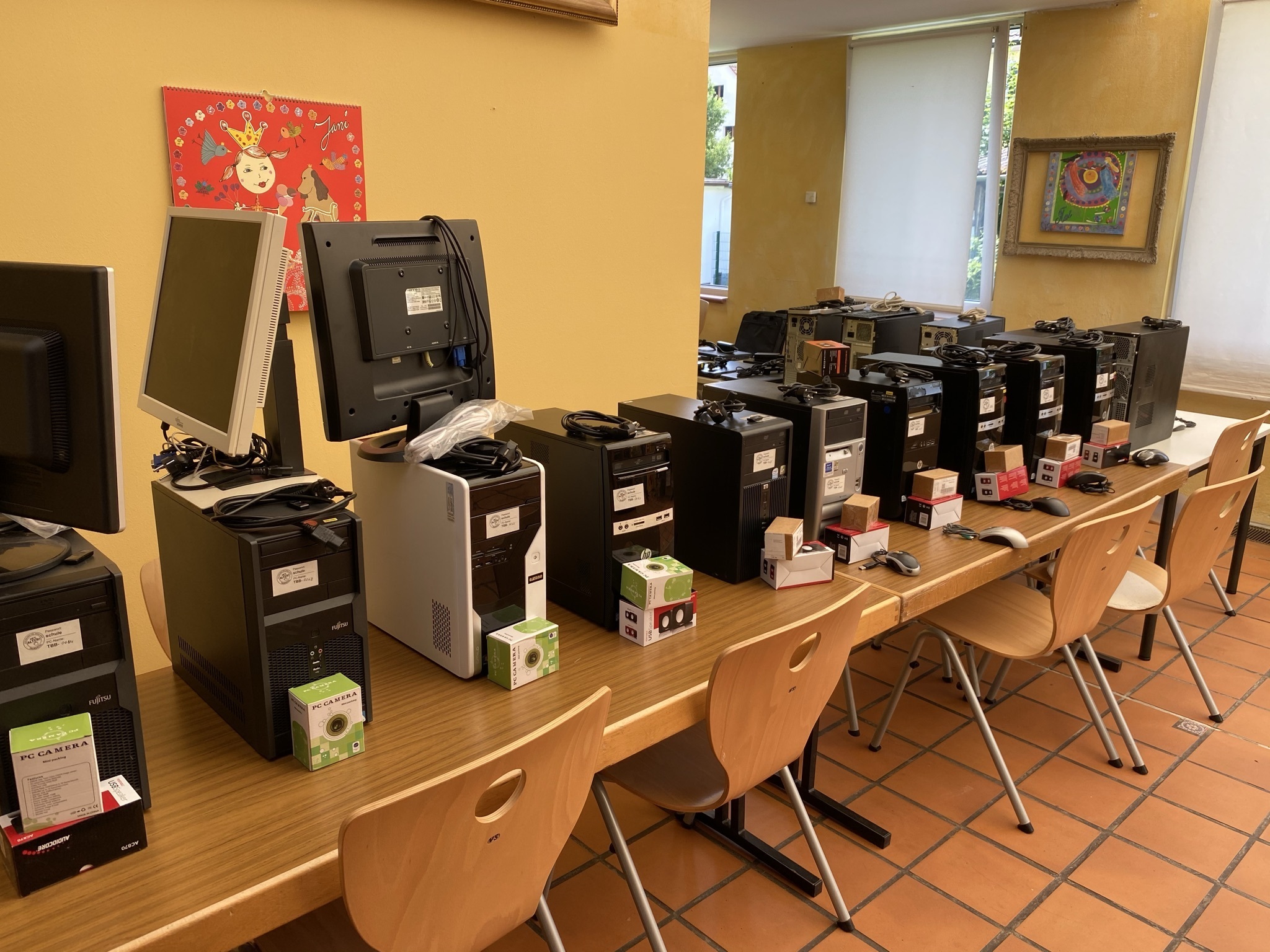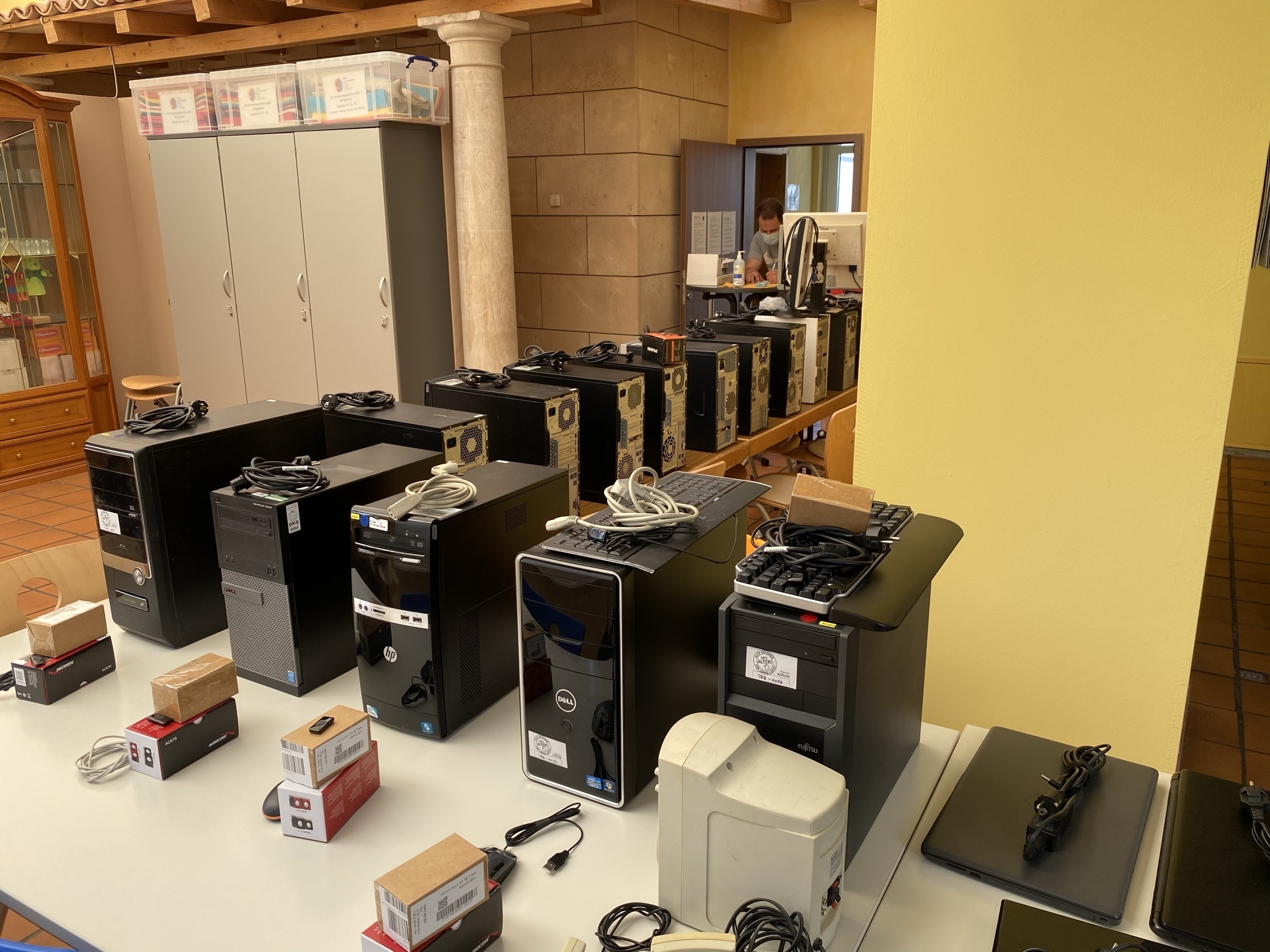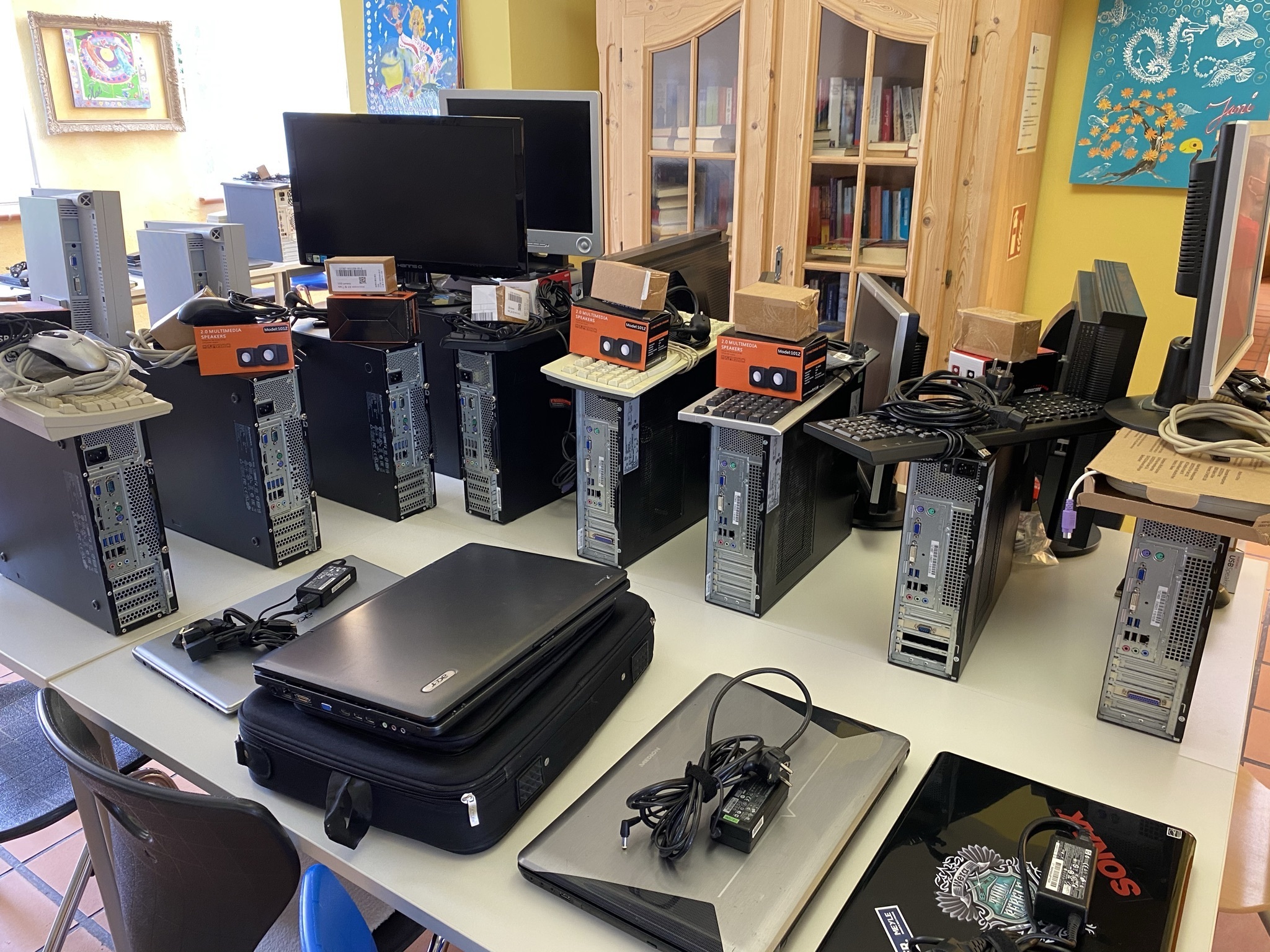"Scientific American falsely links homeschooling to abuse," but Erik Hoel thinks homeschooling rates of abuse are, at worst, about identical to the national average. A direct comparison with the national non-homeschooled base rate doesn't appear to be possible, so one has to make estimates.
While debate over "abuse" is the reason this piece was written, what struck me was the data showing the sudden massive increase in homeschooling over the last decade. "Homeschooling is the fastest growing education sector", with homeschooling increasing 51% since 2017, with private school increasing only 7%, and public school declining 4%.
Wow, that's a shocker. I thought homeschooling was something only done by religious fanatics, but there's a graph of how the percentage of parents doing homeschooling "for religious instruction" (very politely phrased) has been declining precipitously for the last decade.
Maybe I shouldn't have been so shocked as I had the shock a few years ago of finding out Jeremy Howard was homeschooling his daughter. Jeremy Howard, in case you don't know, is a co-founder of fast.ai (with Rachel Thomas) and creator of the fast.ai toolkit for PyTorch. Prior to that he founded Enlitic, a machine-learning medical diagnosis company, and before that he was President of Kaggle. He's developed algorithms for transfer learning and lately has been doing work for the Mojo programming language. In short, Jeremy Howard is a real smart guy and not a religious fanatic.
So, it's not just religious fundamentalists doing the "homeschooling" thing any more. Historically (and stereotypically), homeschooling has been associated with religious fundamentalists. But now super-smart people like Jeremy Howard are pulling their kids out of regular school. I wish I had the link but it was years ago, but somewhere there's a video of Jeremy Howard explaining how his daughter was miserable in school and he felt she could learn much more much faster at home, and that's why they made the decision to pull her out of regular school and homeschool her.
I don't have kids, so I don't face the question of whether to homeschool. I had a pretty horrible experience in school, but people always tell me, that was just me, school is just fine for normal people. I wonder, though? How many people does our society "throw on the dummy pile" (to borrow a phrase from a smart person who had dyslexia and struggled in school) because they didn't have the right personality to fit into the school system? But I won't go on another rant about school.
Regardless of all that, this brings us to the question of what is Scientific American's motivation for claiming homeschooling is linked to abuse if it really isn't? The author of this piece suspects the motive is political. Apparently the editors of Scientific American called for more legislation around homeschooling, including background checks of parents.
"I expect that some proposed piece of official legislation will soon cite both the Connecticut investigation and calls like the SciAm editorial."
It's my impression that, in general, public schools are the most tightly government-regulated, followed by private schools, followed by homeschooling, which is the most unregulated. So maybe what the SciAm editors want is to make sure the lives of children are government-regulated. With private schools, state governments impose curriculum requirements and testing requirements and teacher credentialing requirements, but those vary greatly by state. For example there are a lot more such requirements in New York than there are in Texas. With homeschooling, the government is supposed to check in with parents to make sure they are teaching the required curricula, and require the kids take standardized tests, but again there is a lot of variance by state. I imagine in many states there is little oversight as a practical matter. I can imagine with genius parents (like Jeremy Howard), homeschooling could produce phenomenal results, but with unskilled parents, the results could be abysmal. If you have knowledge in this area, feel free to chime in.

